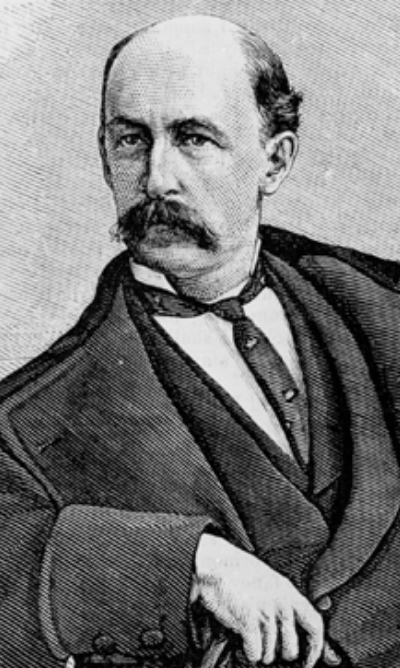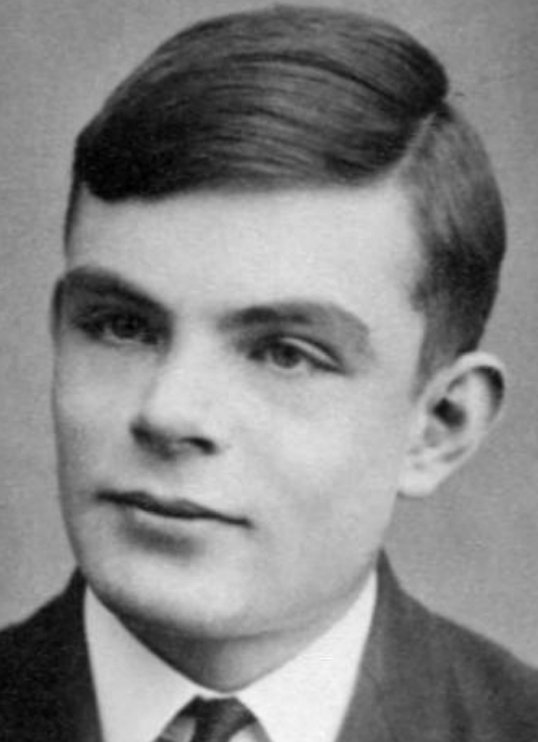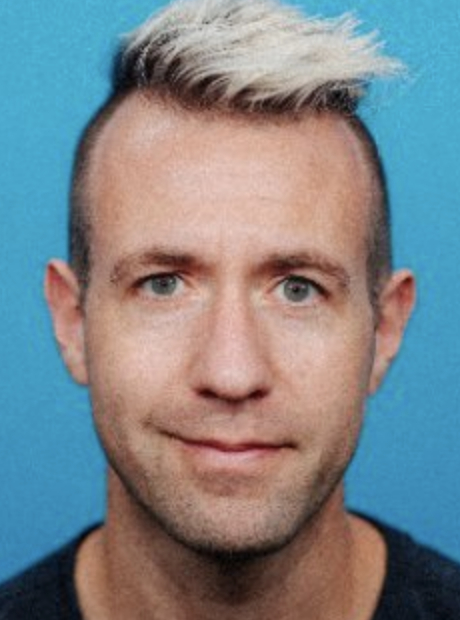June 23
Daniel Henry Chamberlain

On this date in 1835, Daniel Henry Chamberlain was born in West Brookfield, Mass. He graduated from Yale with honors in 1862 and became a second lieutenant in the U.S. Army. He was elected attorney general of South Carolina (1868-72) and served as governor from 1874-77. Chamberlain was elected during a period of waste and corruption in state government and high taxation, abuses which his administration, regarded by history as honest, temporarily ended. Chamberlain was to be the last Republican to fill a high office in South Carolina until the late 1960s.
The gubernatorial election of 1876 was marked by irregularities on both sides. The votes of two counties had not been counted. Wade Hampton, Chamberlain’s rival and a war hero, claimed victory. Two state governments were in effect for about a year while Chamberlain refused to leave office. When President Rutherford B. Hayes removed all federal troops from the South, Chamberlain left office. Chamberlain was a planter, lawyer, author (writing Charles Sumner and the Treaty of Washington) and professor of constitutional law at Cornell University. His rationalist views were not well-known, but he wrote an article for the North American Review, later reprinted in The Freethinker, describing himself as “a Freethinker.” D. 1907.
Public domain photo: South Carolina Department of Archives and History
“I reject the whole Christian religion [and] a presiding or controlling Deity.”
— Chamberlain, North American Review article reprinted in The Freethinker (Nov. 15, 1908)
Alan Turing

On this date in 1912, Alan Turing was born in London, England. He graduated from Cambridge with a degree in mathematics in 1934 and earned a Ph.D. in mathematical logic from Princeton University in 1938. Turing was a mathematician, cryptanalyst and computer scientist who studied cognitive science and artificial intelligence, among other fields. He was especially influential in the field of computer science.
In 1939, Turing began working for the Government Code and Cypher School (GCCS), which successfully broke the complex code used by the German military to encode their radio communications. This feat was accomplished thanks to Turing’s help designing a revolutionary code-breaking machine called the bombe, which was essential to the Allies throughout World War II. The bombe allowed the GCCS to decode up to 84,000 German messages per month.
Turing is also known for the creation of the Turing Test, a reliable method of testing artificial intelligence, and for proposing the Turing Machine, a multi-purpose thought-experiment computer that would function similarly to modern computers.
In 1952, Turing was convicted of homosexuality and denied further access to the GCCS. Turing chose chemical castration over jail time as his sentence. In 1954 he died of cyanide poisoning in what was determined to be suicide by the authorities. Only a few years later, in 1956, the 1885 Criminal Law Amendment Act under which Turing had been convicted was repealed.
Turing lost his faith as a young adult and became a materialist after a classmate whom he loved died of tuberculosis. Turing’s work with artificial intelligence also influenced his freethought views. “God has given an immortal soul to every man and woman, but not to any other animal or machine. Hence no animal or machine can think. I am unable to accept any part of this,” he wrote in “Computing Machinery and Intelligence” in 1950. (D. 1954)
PHOTO: Turing passport photo at age 16.
“I am not very impressed with theological arguments whatever they may be used to support. Such arguments have often been found unsatisfactory in the past.”
— Turing, “Computing Machinery and Intelligence,” Mind (1950)
Jon Steingard

On this date in 1983, musician and visual artist Jonathan Steingard, the eldest of three children, was born in Canada to religious parents. His father was pastor of what Steingard calls a charismatic, Holy Spirit-focused church. He started playing guitar at age 9.
In 2004 he joined Hawk Nelson, a Christian pop-punk band that had formed in 2000 in Peterborough, Ontario. In 2012 he took over as lead vocalist and frontman when Jason Dunn left the band. In 2013 Beliefnet called the band “officially one of Christian rock’s elder statesmen.” The band has recorded eight studio albums (most recently “Miracles” in 2018) and is a staple at Christian music festivals.
It was in the parking lot at one of those festivals — Spirit West Coast in Del Mar, Calif. — that he proposed to Jessica Hubbard. They married in 2007 and have a son, Grey (b. 2017), and a daughter, Winter Joy (b. 2018). Both pregnancies were complicated by placental abruptions in which the placenta separates from the inner wall of the uterus before birth.
Asked by Risen Magazine in 2014 to describe his spiritual journey, Steingard said as he got older, he felt something was missing and he ended up at a Baptist church “really diving into Scripture.” The journey took an unforeseen and surprising turn in April 2020 when he announced on Instagram that he no longer believed in God: “It didn’t happen overnight or all of a sudden. It’s been more like pulling on the threads of a sweater, and one day discovering that there was no more sweater left.”
In a Christian Post story (May 23, 2020), he said he sees the bible as “human, flawed and imperfect,” adding, “I am stunned by the number of people in visible positions within Christian circles that feel the same way as I do. Like me, they fear losing everything if they’re open about it.” His doubt was increasingly fueled by questions such as these common ones: “If God is all loving, and all powerful, why is there evil in the world? Can he not do anything about it? Does he choose not to?”
Steingard had worked on various musical and video side projects while part of the band. He and Jessica, who live in San Diego, started Breaktide Artist Services, now Steingard Creative. “I specialize in music videos, promo videos, text animation and effects. Really anything that needs to grab people’s attention,” he said.
He was a guest on Freethought Radio on June 18, 2020.
“After growing up in a Christian home, being a pastor’s kid, playing and singing in a Christian band, and having the word ‘Christian’ in front of most of the things in my life, I am now finding that I no longer believe in God.”
— Steingard Instagram post (April 21, 2020)
